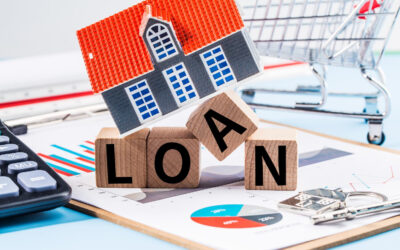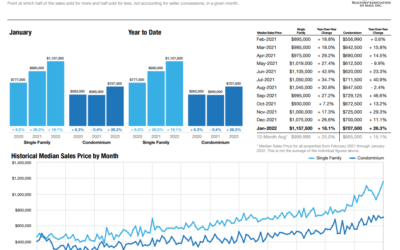Asking the right questions before you buy a property can save you a lot of time, money, and effort in the long run. Here are the five most important questions to ask before making your purchase:
1. Where is it located?
The location of a potential property to acquire can make or break the deal. For instance, a fixer-upper in a fantastic location may be a better investment than a brand new home in a less desirable neighborhood. The location also impacts the cost and value of a property, as well as the amount of taxes you’ll pay each year. So it must be the very first thing you need to consider in buying a property as every decision, responsibility, benefit, and so on, depends on it.
2. What are my long-term plans for this property
When buying a home, there are a few things to consider. One of the most important is your long-term plans for the property. Do you want to live in it, rent it out, or use it as an investment property? Each option has its pros and cons, so it’s important to think about what you want before making a purchase. If you’re not sure, it’s always a good idea to speak with a real estate agent or property manager to get more information.
Renting out your home can be a great way to generate income, but it’s important to consider the upkeep and maintenance that will be required. If you’re not planning on living on the property, it’s also important to factor in the cost of hiring a property manager.
Using your home as an investment property can be a great way to build equity, but it’s important to understand the risks involved. Fluctuations in the housing market can impact your investment, and it’s important to have a solid plan in place before making a purchase. No matter what your plans are, it’s important to think about the future when buying a home.
3. How much to spend on a property?
This is a crucial question to ask yourself before beginning your house hunt. You’ll want to consider a few different factors when coming up with an answer. First, take a look at your current financial situation. How much money do you have saved up for a down payment? How much debt do you currently have? What are your income and monthly expenses?
Once you have a good idea of your financial situation, you can start to think about how much you can realistically afford to spend on a property. It’s important to remember that you’ll need to factor in additional costs, such as repairs, furnishings, and utilities. You should also have some money set aside for unexpected expenses.
When you’re trying to determine how much you can afford to spend on a property, it’s important to be realistic.
4. What are the long-term costs?
There are several long-term costs associated with purchasing a property that potential buyers should be aware of before making a purchase. These costs can add up over time and can have a significant impact on the overall cost of ownership. Some of the long-term costs associated with purchasing a property include:
Property taxes
Property taxes are typically paid on an annual basis and can fluctuate depending on the value of the property. The location is also a very important factor to take into account. Property taxes in high-priced markets, such as New York City or San Francisco, can be very expensive.
Insurance
Homeowners insurance is required to protect the home from damages and liabilities. A property needs to be insured in events such as natural disasters, accidents, or theft.
Maintenance and repairs
All homes require regular maintenance and occasional repairs to keep them in good, liveable condition. The frequency and cost of these can vary depending on the location, age, and size of the property.
Utilities
Utilities, such as electricity, gas, and water, must be paid for every month and can be expensive depending on the property’s location and usage. You also need to take into consideration the number of people living on the property, as this can impact the cost of utilities.
HOA fees
If the property is located in a community with a homeowners association, monthly or yearly HOA fees may be required. Though you will reap the benefits of having to pay the fee, you still need to account for it in your budget.
By taking all of these long-term costs into consideration, potential buyers can get a better idea of the true cost of ownership for a particular property. Additionally, being aware of these costs can help buyers budget for them and plan for any future increases.
5. What is the potential rental income or resale value of this property if I decide to rent it out or sell it later on down the track?
To identify the resale value of a property, one can look at recent sales of similar properties in the area. Additionally, an appraisal will give an estimate of the property’s value. The rental income potential for a property can be estimated by looking at comparable properties in the area, as well as considering the current real estate market conditions.
When looking at the rental and/or resale value of a property, it is important to consider the following factors:
- The location of the property
- The condition of the property
- The size of the property
- The age of the property
- The amenities included with the property
All of these factors will play a role in determining how much a property is worth on the open market. These factors are also in place when considering renting out the property. All of these factors will play a role in determining how much resale or rental income a property can potentially earn.
Conclusion
Buying a property is not a walk in the park. You need to take the time to do your research so that you understand all of the costs involved, the time you need to spend and the effort you will need to put in to find the right property for you. Planning will help to make sure that you purchase the right property for you and avoid any stressful surprises along the way. It’s a known fact that property hunting is a meticulous task, however, with a little time and patience, it is possible to find your dream home.



